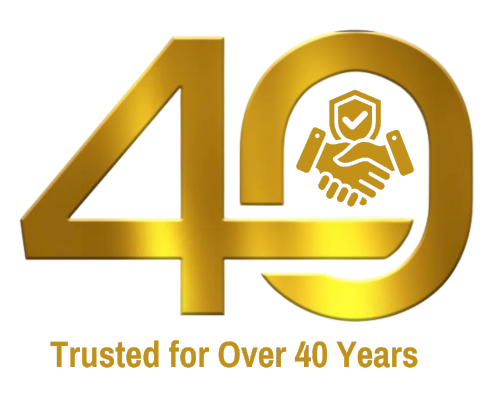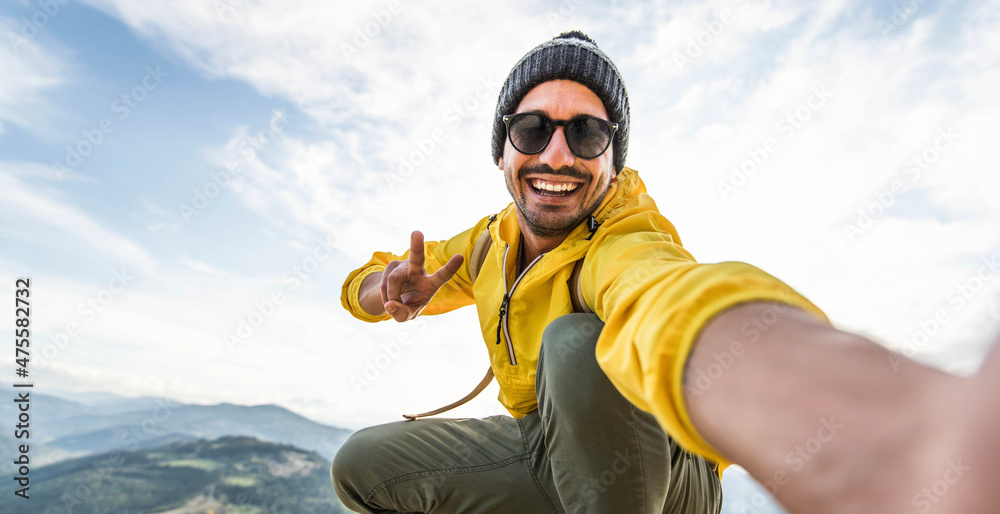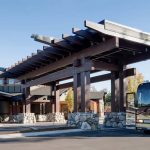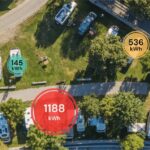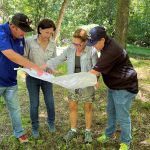The Do’s and Don’ts of Social Media Marketing for RV Parks
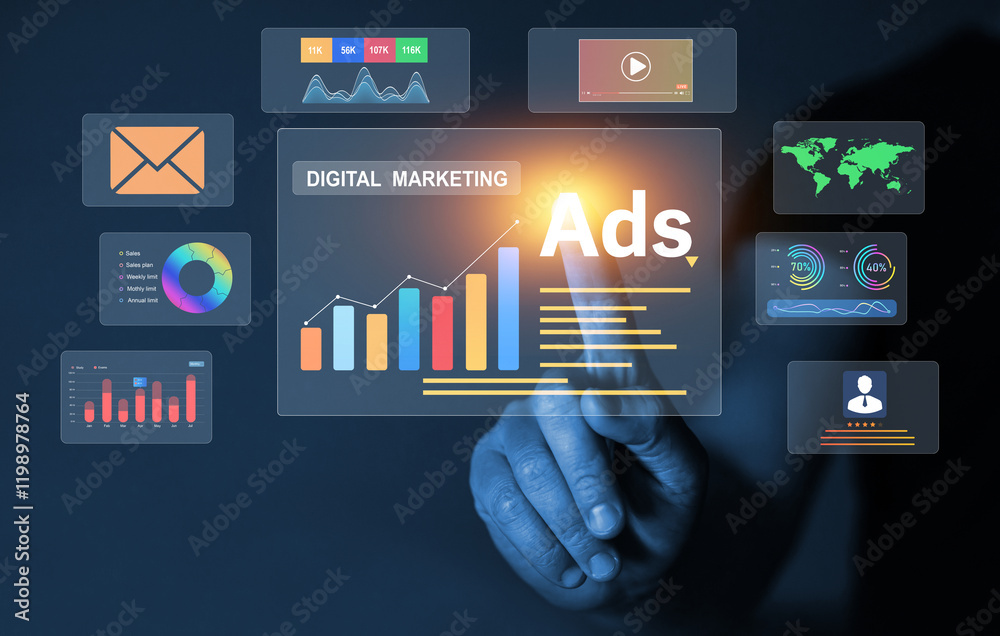
Why Social Media Matters for Campgrounds
For many travelers, the journey to booking a campground begins online. Social media platforms like Facebook, Instagram, and even TikTok have become key decision-making tools for campers searching for their next destination. A well-maintained social media presence not only builds brand awareness but also drives direct bookings—if used correctly.
However, many campground owners struggle to make social media work for them. Some post inconsistently, while others fail to engage with their audience or miss opportunities to turn followers into paying guests. Social media marketing is more than just posting pretty pictures—it’s about strategic engagement, valuable content, and creating trust with potential campers.
In this guide, we will cover the do’s and don’ts of social media marketing for RV parks, including best practices to keep your content fresh, engage with followers, and convert social media traffic into reservations. We’ll also explore how blogging can play a key role in your overall strategy—helping you generate more engagement, improve SEO, and provide useful content for your audience.
The Do’s of Social Media Marketing for RV Parks
1. Be Consistent with Your Posting Schedule
Do: Post regularly to keep your audience engaged and informed.
An inactive or outdated social media page sends the wrong message to potential guests. Consistency builds credibility and keeps your campground top-of-mind for travelers planning their trips.
- Post at least 3-4 times per week on Facebook and Instagram.
- Use a content calendar to plan your posts in advance.
- Share seasonal updates, guest testimonials, upcoming events, and behind-the-scenes content.
Bonus Tip: Pair your social media strategy with a blog on your website. A well-written blog post can provide evergreen content that can be repurposed across multiple platforms.
For example, a blog titled “The Best RV Camping Spots in [Your Area]” can be shared as:
- A Facebook post featuring a campground highlight.
- An Instagram carousel with stunning images of your campsites.
- A Pinterest pin directing travelers to read the full post.
2. Engage with Your Audience
Do: Respond to comments, answer questions, and interact with followers.
Social media is a two-way conversation. Campgrounds that actively engage with their audience build stronger relationships and increase the likelihood of direct bookings.
- Reply to comments and messages promptly to show potential guests that you care about their experience.
- Encourage user-generated content by asking campers to share their photos and tag your park.
- Run interactive polls and Q&A sessions to engage followers.
Example:
- Ask followers, “What’s your favorite thing about camping at our park?” and share the best responses.
- Feature guest reviews and testimonials in Instagram Stories.
3. Use High-Quality Visuals to Showcase Your Campground
Do: Invest in high-quality photos and videos to capture the beauty of your RV park.
First impressions matter, and great visuals can be the deciding factor for campers choosing where to stay.
- Use bright, high-resolution images of campsites, amenities, and surrounding scenery.
- Create short video clips showcasing your park’s best features.
- Feature sunrise, sunset, and drone shots to highlight the natural beauty of your location.
Tip: Pair visuals with a blog post to add more value. For example, if you write a post titled “Top 5 Activities to Do Near Our Campground”, you can create an Instagram Reel showcasing those activities.
4. Share Valuable Content Beyond Promotions
Do: Educate and entertain your audience, not just sell to them.
While promoting your campground is important, social media should not feel like a constant sales pitch. Focus on providing content that campers will find helpful, entertaining, or inspiring.
- Camping tips and hacks (e.g., “How to Start a Campfire Like a Pro”).
- Local travel guides (e.g., “Best Hiking Trails Near [Your Campground]”).
- Guest stories and experiences (e.g., “Meet the Campers: A Family’s Story from Their Stay at Our Park”).
Tip: Link back to blog posts on your website for deeper engagement.
- If you post “5 Things to Pack for Your Next RV Trip”, include a blog link with expanded details.
- This drives traffic to your website, increases time spent on your site, and improves SEO rankings.
5. Use Paid Advertising to Expand Your Reach
Do: Use Facebook and Instagram ads to reach new campers.
Organic reach can be limited, so a small investment in paid social media advertising can help drive bookings.
- Use Facebook Ads to target travelers looking for campgrounds in your area.
- Set up retargeting campaigns to bring back website visitors who didn’t book on their first visit.
- Run seasonal promotions and limited-time offers to encourage reservations.
If you are already creating blog content, you can promote high-performing blog posts through Facebook Ads to bring more traffic to your website.
The Don’ts of Social Media Marketing for RV Parks
1. Don’t Ignore Comments or Reviews
Ignoring guest comments, questions, or reviews—especially negative ones—can harm your reputation.
- Respond professionally to all feedback, whether positive or negative.
- Thank guests for positive reviews and address concerns in a helpful, polite manner.
- Never delete negative comments. Instead, offer to resolve the issue.
2. Don’t Overload Your Social Media with Promotions
Promotions are necessary, but too many can turn off potential guests. If every post is about “Book Now!” or “Limited-Time Offer!”, your audience may lose interest.
- Follow the 80/20 rule—80% of your content should be educational, entertaining, or inspiring, and only 20% should be promotional.
- Balance promotional posts with engaging stories, tips, and guest features.
3. Don’t Forget to Track Your Analytics
If you are not monitoring your performance, you won’t know what’s working.
- Use Facebook Insights and Instagram Analytics to track engagement and reach.
- Monitor which posts get the most interaction and adjust your strategy accordingly.
- Track website traffic from social media using Google Analytics.
How Campground Consulting Group Can Help
A strong social media strategy can attract more guests, improve engagement, and drive direct bookings—but it takes planning, consistency, and the right content strategy.
At Campground Consulting Group, we help RV parks and campgrounds:
- Create a winning social media strategy tailored to their audience.
- Develop SEO-friendly blog content to improve website traffic.
- Manage paid advertising campaigns that deliver real results.
- Optimize Facebook and Instagram pages to attract more followers and bookings.
If you want to turn your social media and content marketing into a booking engine, we’re here to help.

